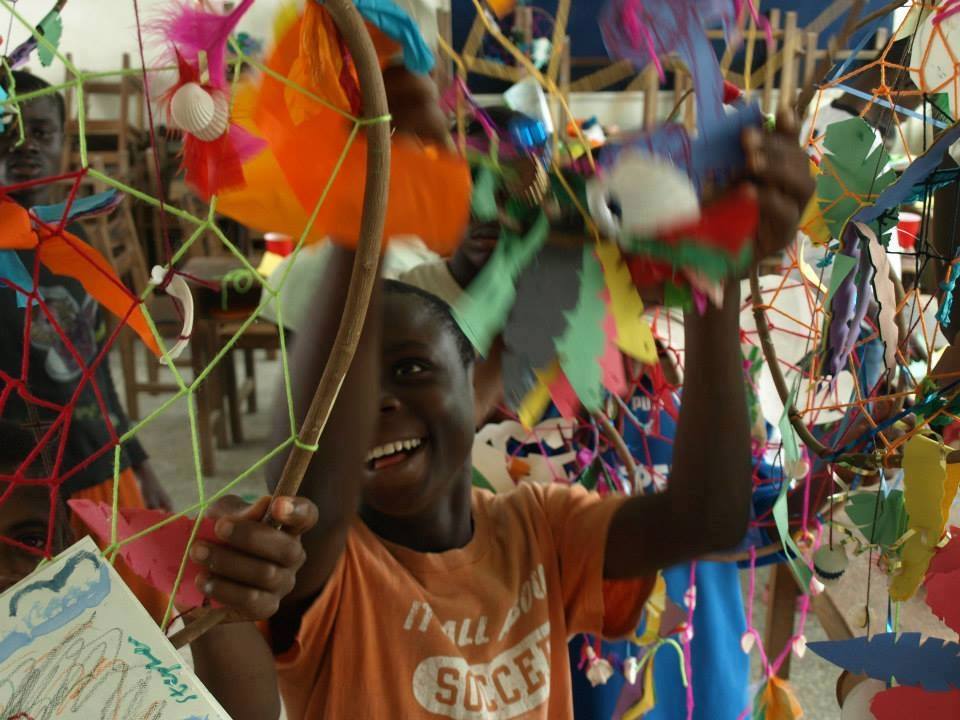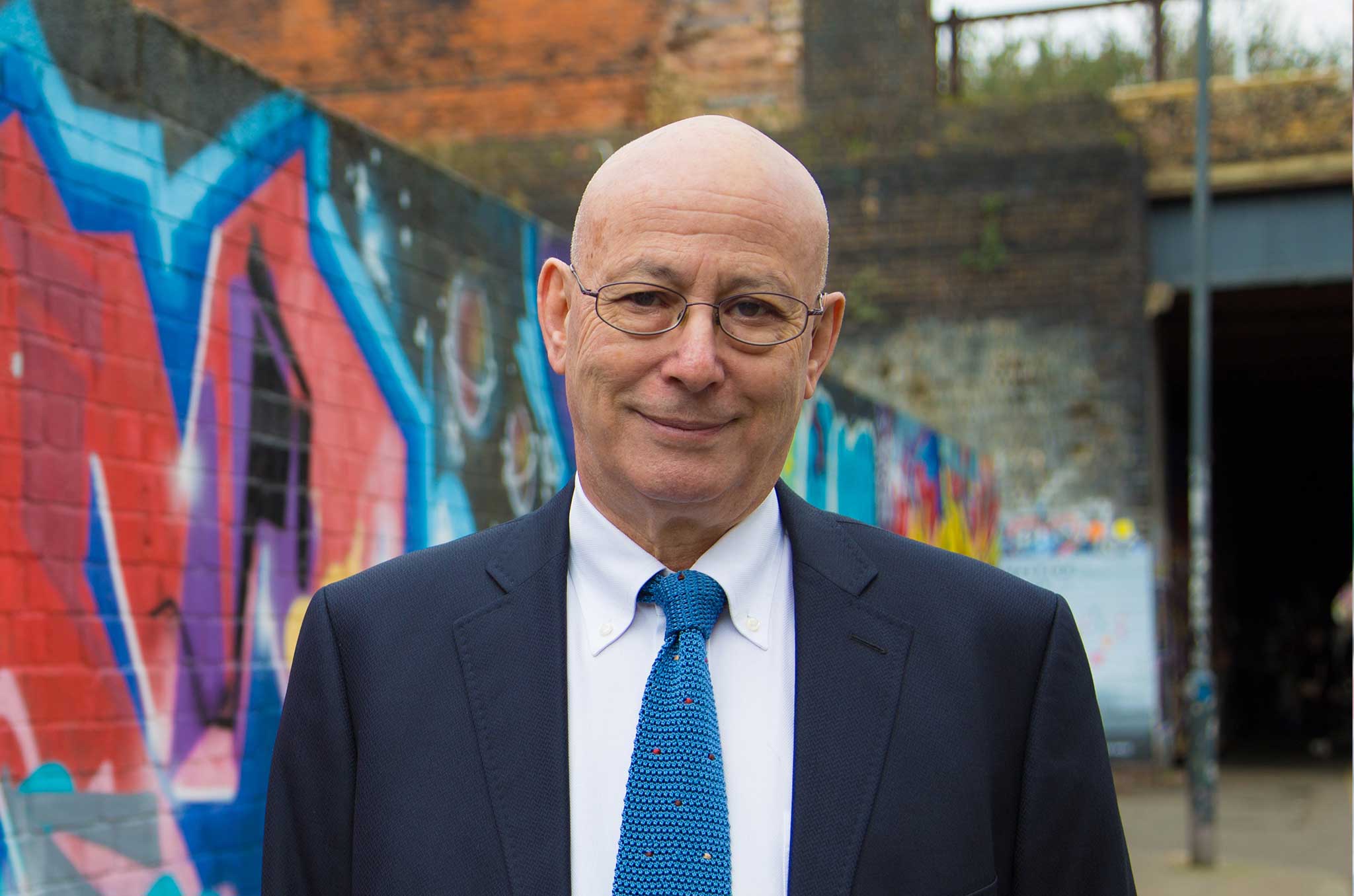A blog post by Melissa Ruisz Nazario
Called Armistice Day or Remembrance Day in other countries, we originally commemorated November 11th because of the signing of the treaty that halted fighting during World War I. Today, known as Veterans Day in the U.S., the focus has shifted a bit, as we show respect and gratitude to those who previously served in our armed forces. We often associate the words “service” and “sacrifice” with being in the military because a mission’s success requires things that aren’t as common in the civilian world: working twelve-hour shifts for months while deployed thousands of miles away from loved ones, missing important birthdays and holidays, and for many, having to put one’s self in harm’s way in a combat zone, risking life and mental wellness.
Read More
Posted in:
Therapist,
Psychotherapy,
archetypes,
clinical psychology,
Psychology,
depth psychology,
military,
resources
A blog post by Melissa Ruisz Nazario, based on an interview with Stacey Shelby, RCC, Ph.D., conducted by Bonnie Bright, Ph.D.
Listen to the full audio interview with Stacey Shelby here. (approx. 30 minutes)
At first, Stacey Shelby, RCC, Ph.D., didn't want to explore the Wild Woman Archetype for her research while in the M.A./Ph.D. Program in Depth Psychology with Specialization in Jungian and Archetypal Studies at Pacifica Graduate Institute. Part of it was due to the type of research she would conduct and the effect it would have on her life. When authoring the book Tracking the Wild Woman Archetype: A Guide to Becoming a Whole, In-divisible Woman published earlier this year, she used a research methodology called alchemical hermeneutics, as described by Dr. Robert Romanyshyn, Pacifica Graduate Institute Professor Emeritus, in his book, The Wounded Researcher: Research with Soul in Mind.
In the introduction to Tracking the Wild Woman Archetype, Stacey defines alchemical hermeneutics as “an unconventional methodology not readily found in traditional academic institutions, and it acknowledges that researchers are often called to their work through personal wounding and complexes. This research methodology is an alchemical process that affects the researcher.”
Read More
Posted in:
The Psyche,
Therapist,
Psychotherapy,
archetypes,
nature,
clinical psychology,
Psychology,
depth psychology,
symbol,
dreams,
individuation,
Pacifica Students,
Pacifica Graduate Institute,
alchemist,
jungian,
relationship,
relationships
A blog post by Melissa Ruisz Nazario, based on an interview with Mai Breech, conducted by Bonnie Bright, Ph.D.
Listen to the full audio interview with Mai Breech here. (approx. 27 minutes)
Mai Breech, a Psy.D. doctoral student in Clinical Psychology at Pacifica Graduate Institute, has a long history of working with orphans and foster children. In 2007, she founded the Children’s Art Village, a grassroots non-profit organization providing art and music to children in Ghana, India, and Nepal so that they can express their creative selves through a means that doesn’t require language, but rather utilizes their creativity. Over the years, the Children’s Art Village has served over 3,000 children annually, and continues to do so. Typically, the programs are summer programs, offering art and music camps for these children in very different orphanages that she partners with.
Read More
Posted in:
The Psyche,
Therapist,
Trauma,
Psychotherapy,
clinical psychology,
Psychology,
graduate school,
creativity,
depth psychology,
dreams,
Pacifica Students,
Pacifica Graduate Institute,
relationship,
relationships
Sandplay as a Healing Modality; An Interview with Jungian Analyst and Professor, Jorge de la O A. Guest Post by Bonnie Bright, Ph.D.
For Jungian analyst and professor, Jorge de la O, the desire to become a therapist began in the late 1970s when he saw Violet Oaklander,[1] who was instrumental in her work with children and adolescents using Gestalt therapy, at a confluent education conference at USC. Oaklander presented some slides on the process of sandtray (a somewhat different process from Sandplay, the Jungian approach to sandtray which was created by Jungian analyst Dora Kalff)[2]. When Jorge saw the trays and the work Oaklander was doing, he was completely taken by it. "It was magical," he reports. As a kindergarten teacher at the time, he knew he wanted Sandplay in his life, and a seed was planted.
Read More
Posted in:
Counseling Psychology,
Therapist,
sandtray
Where Politics, Psyche, and Community Converge: An Interview with Andrew Samuels
A Guest Post by Bonnie Bright, Ph.D.
U.K.-based psychotherapist and activist, Andrew Samuels has a long history as a consultant to political clients on the presidential and prime ministerial level. While Samuels first published Politics on the Couch in 2001 and The Political Psyche in 2015, his newest book, A New Therapy for Politics? [1] delves ever more deeply into the intersection between psychotherapy and politics and lends a critical eye to his own chosen profession in an effort to bring the two together.
Sigmund Freud and C. G. Jung, both pioneers in the field of psychotherapy, wrote about politics over the course of their careers, Samuels points out, but psychotherapists have generally been “magnificently unsuccessful” in creating a significant contribution to the political arena.
Read More
Posted in:
The Psyche,
Therapist,
Psychotherapy,
C.G. Jung,
clinical psychology
A guest post by professor Maren Tonder Hansen, M.Div., Ph.D.
My professional training and interests gravitate toward the many intersections between psychology and religion. As a young woman, I studied for the Unitarian ministry, earning a Master of Divinity. Through coursework at the Graduate Theological Union, I explored not only religion, but also the psychology of Jung, dream analysis, and devoted a semester to training in hospital chaplaincy. In my experience, the depth dimensions of psychology and religion enriched and informed each other.
Read More
Posted in:
Therapist,
graduate school,
soul,
depth psychology
A Deeper Relationship with the Mind: Counseling, Creativity, and Transcendence An Interview with Adrianna Attento
A guest post by Bonnie Bright, Ph.D.
Even before getting her Master’s degree in Counseling psychology at Pacifica, Adriana Attento was working in the field of psychology. During that same period, she was also doing a lot of writing—meeting with a friend to free write next to the ocean every morning for an hour—and she was also meditating as a regular spiritual practice. Somehow, she now believes, the combination of these two practices opened something up for her, creating a “flow, and abundance of images that images that felt very potent.”
Read More
Posted in:
Counseling Psychology,
Therapist,
Alumni,
depth psychology,
meditation
Professors Joseph Cambray, Linda Carter, Avedis Panajian, Joseph Bobrow, and Lionel Corbett have come together to co-teach in the new certificate training program Becoming a Supervisor in Depth.
The program is nine sessions over the course of 10 months on a designated Thursday evening, and teaches the skills and approaches necessary to become a supervisor from a depth psychological orientation.
See below for a reprinted interview between Pacifica Alumni Bonnie Bright and Pacifica Provost Dr. Joseph Cambray who will be teaching in the program.
Psychotherapy is pervasive in contemporary culture. Even if you’re not a therapist yourself, if you’re taking the time to read this post, chances are good that either you or someone close to you has been involved in therapy at some point in their lives. And, while you may feel you have a good understanding of what happens in the therapy room, there may be more than meets the eye. Do you ever wonder, for example, what has to occur in the therapeutic process so that the basic experience is what it needs to be for both the client and the therapist? How does a therapist tap into the unconscious in order to help the client be more of “who they are”? How does synchronicity—and the interactive field that emerges between two individuals—serve up messages from the unconscious for the benefit of the work? More, where does the therapist her/himself turn for help in honing their own intuition and skills that ultimately contribute to their own individuation process in working with clients?
Read More
Posted in:
Therapist,
C.G. Jung,
clinical psychology,
Psychology,
depth psychology
A guest post by Bonnie Bright, Ph.D.
Psychotherapy is pervasive in contemporary culture. Even if you’re not a therapist yourself, if you’re taking the time to read this post, chances are good that either you or someone close to you has been involved in therapy at some point in their lives. And, while you may feel you have a good understanding of what happens in the therapy room, there may be more than meets the eye. Do you ever wonder, for example, what has to occur in the therapeutic process so that the basic experience is what it needs to be for both the client and the therapist? How does a therapist tap into the unconscious in order to help the client be more of “who they are”? How does synchronicity—and the interactive field that emerges between two individuals—serve up messages from the unconscious for the benefit of the work? More, where does the therapist her/himself turn for help in honing their own intuition and skills that ultimately contribute to their own individuation process in working with clients?
Read More
Posted in:
Therapist,
C.G. Jung,
clinical psychology,
Psychology,
Integrative Therapy & Healing Practices












